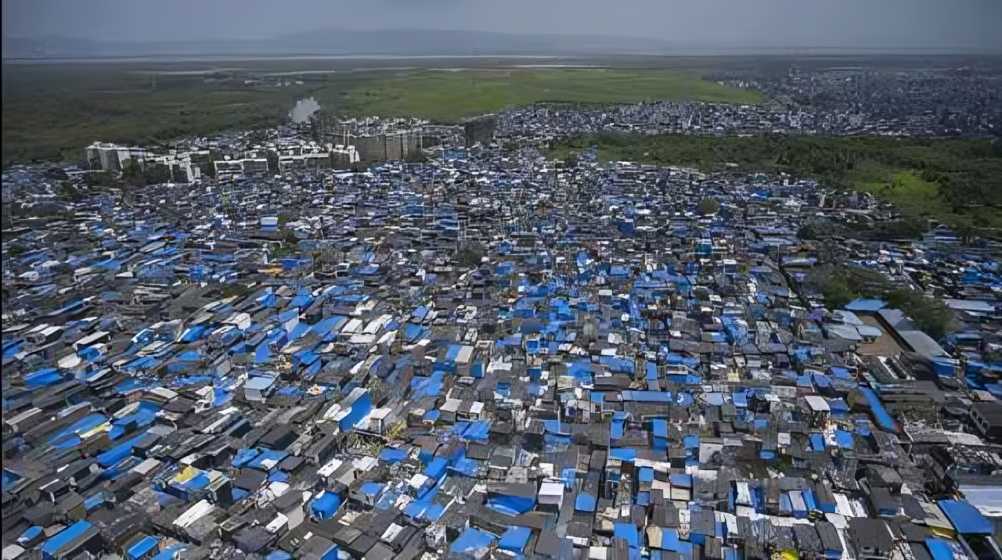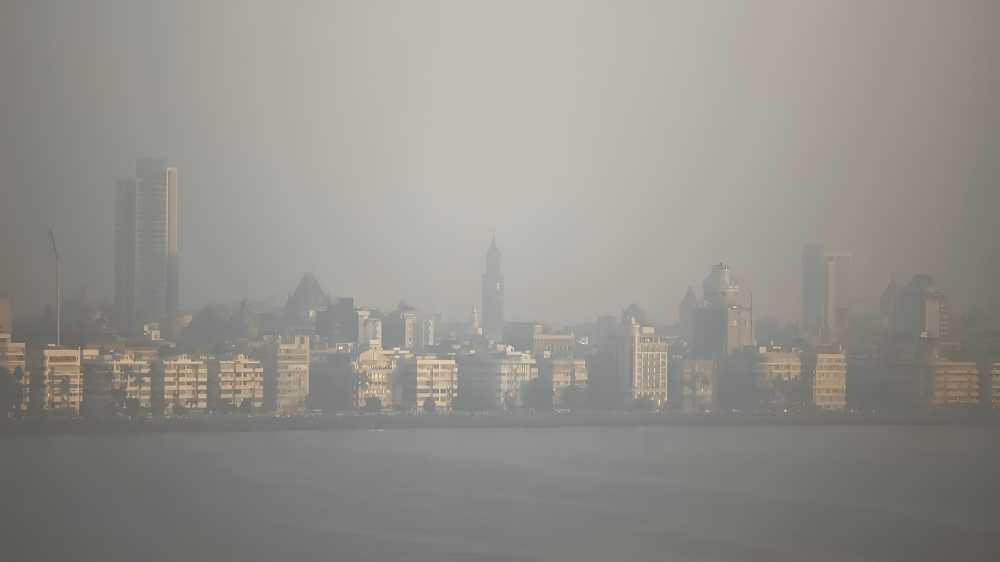November 14, 2025: The Maharashtra government has introduced major policy changes to accelerate the redevelopment of slum clusters in Mumbai, stating that consent from slum residents will no longer be required for the implementation of cluster redevelopment schemes. The announcement was formalised through a government resolution (GR) issued on Thursday.
Under the revised framework, slum clusters can now be formed on a minimum contiguous land parcel of 50 acres, with at least 51% of the land comprising slum areas. Existing redevelopment projects sanctioned under Regulation 33(10) of the Development Control and Promotion Regulations (DCPR) may be merged into the cluster redevelopment plan. This inclusion extends to non-slum structures such as commercial, industrial, and warehousing buildings, as well as those located in coastal regulation zone (CRZ) areas.
The Slum Rehabilitation Authority (SRA) has been appointed as the nodal agency responsible for implementing these cluster-based projects. The SRA will identify eligible slum clusters and seek approval from the state housing department’s high-power committee (HPC).
For the first time, the government has allowed land owned by the central government to be incorporated into a state-led slum redevelopment scheme, subject to necessary permissions. Additionally, land leased by state or semi-government bodies can also be integrated, provided rehabilitation norms under DCPR 2034 are followed and compensation is paid to the respective land-owning authorities.
The GR highlights that redevelopment can extend to structures under CRZ–I and II regulations. “Slums on CRZ I and II may be integrated, with in-situ or alternative rehabilitation permitted within a 5-km radius as per CRZ and DCPR norms,” it stated. The order also permits ongoing SRA buildings with occupancy certificates within the cluster area to be either demolished, reconstructed, or retained, enabling phased implementation. At every stage, developers must deposit rental compensation for displaced residents with the SRA.
The scheme may be executed through a joint venture with a government body or by appointing a private developer via a transparent process. “Developers holding more than 40% of the total cluster area shall be given preference for implementation, subject to approval from the HPC,” a senior housing official said.
Source: Hindustan Times





